I got an early look at Wear OS 6 on the Pixel Watch 3 at Google I/O
Wear OS Weekly
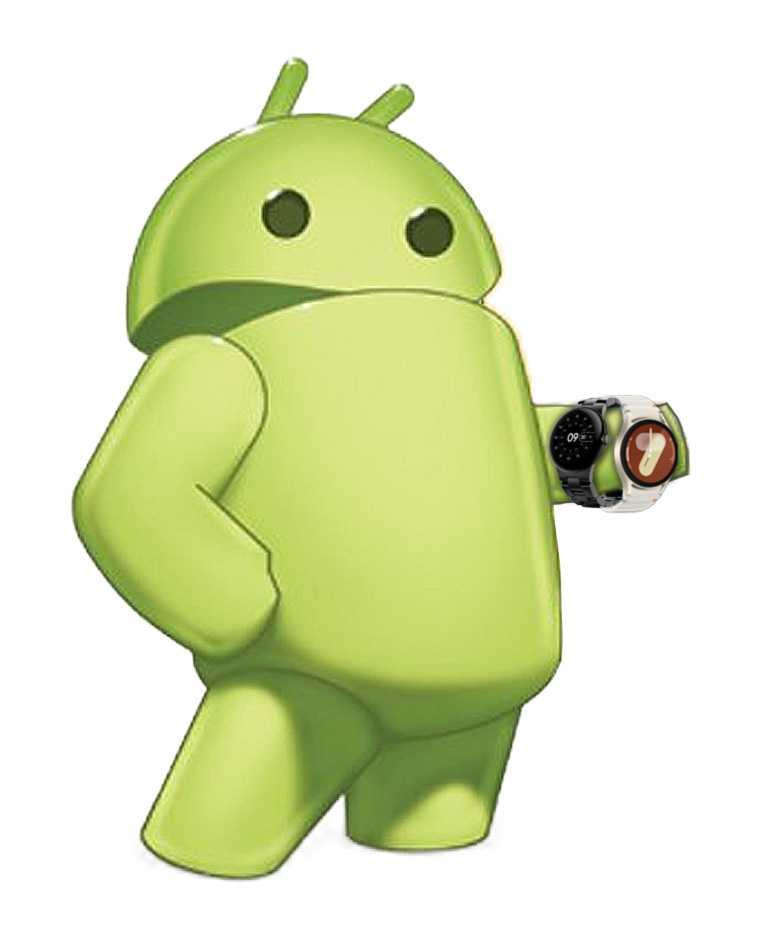
My weekly column focuses on the state of Wear OS, from new developments and updates to the latest apps and features we want to highlight.
Google’s Wear OS 6 announcement at I/O 2025 was buried underneath news about next-gen Gemini smarts and Android XR glasses. But on the second day of I/O, I stumbled upon a Pixel Watch 3 loaded with an early build of Wear OS 6, and I got to see Material 3 Expressive and the new Tiles in action.
Outside of the Android Village for the I/O dev sessions, I’d finished interrogating some poor Android XR devs following my Google glasses hands-on and Moohan hands-on when I spotted two Pixel Watch 3 units with a colorful AOD “fully charged” screen I hadn’t seen before.
I didn’t fully investigate until I spoke to Dev Relations Engineer John Zoeller at the Q&A booth; he answered my Wear OS 6 questions by bringing me back to the Village. It turns out that those watches were running a proper test version of Wear OS 6, not just the developer emulator version.
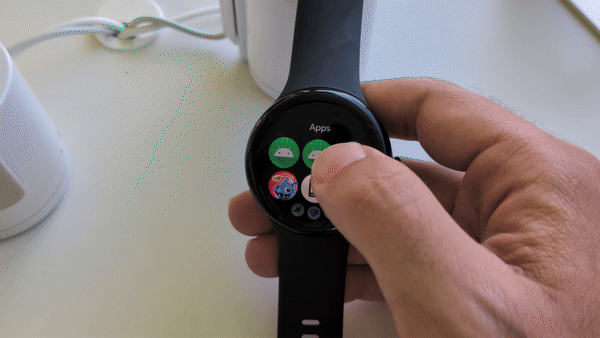
The immediate highlight was the smooth-scrolling interface that shrinks and expands content, along with the new “Edge Hugging button” that slides out from the bottom with a shape to match the Pixel Watch 3 display edge.
In person, it worked exactly as the developer blog promised, without any noticeable lag detracting from the experience. Aside from the promised 10% battery boost, Zoeller promised that this version will have better performance than Wear OS 5 in the backend, despite the UI looking more complicated.
Unfortunately, this watch only had one notification, so it was hard to see the “TransformingLazyColumn” tool in action, which scales down Cards at the display’s top and bottom. However, based on this early Wear OS 6 version, I have confidence that it will work fluidly.
The most substantial change is with the Tiles. Quite simply, they’re busier than OS 5 Tiles, which tend to be more understated and basic. The 45mm Watch 3 fits five buttons with clear information, while the 41mm Watch 3 reflows content for the smaller screen.
Google says Tiles will have “visual consistency” with its “3-slot tile layout,” so all of them will have an app name/ icon on top and a bottom-edge button that usually opens more options when the Shortcuts don’t work. Plus, they all use the same sans-serif system font.
But it’s up to each developer to decide how to use the “main content slot,” whether it’s icons for your favorite Contacts or your most recent or important Gmail messages.
Frankly, I think I’ll be more likely to scroll through my Tiles with Wear OS 6, rather than go straight to the app. The icons are more descriptive, and the tiles always have that edge button to take you to the app if you don’t see the shortcut you need.
The other main Wear OS 6 highlight you’ll care about is the new dynamic theming with Material 3 Expressive, pulling primary and secondary colors from your watch face and coloring the entire UI to match.
This was the only area where you could tell this version of Wear OS 6 wasn’t final. Zoeller noted that the Quick Settings should have been colorful but weren’t, for instance. Plus, the “Match Watch Face” color theme only works with Wear OS 6 faces; they still need to make some old faces backward-compatible with the system.
But when you choose the right face — or one of the default theme options like Moonstone or Ivy — you can see those colors permeate the entire UI, just like you get on Android phones, and it’s pretty neat to see.
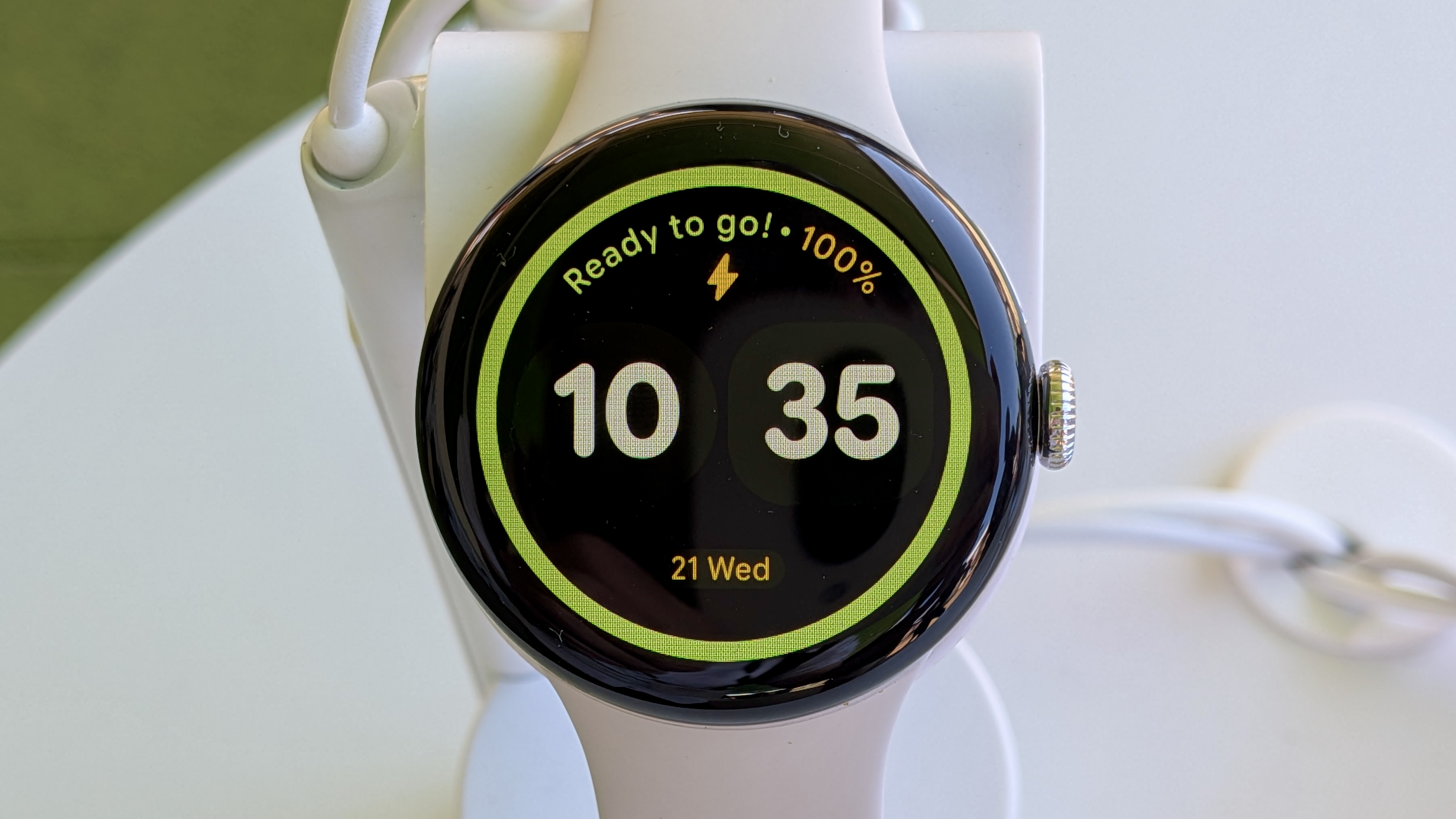
This wasn’t a comprehensive hands-on or anything. I’m sure I would have been tackled if I tried to detach the Wear OS 6-enabled Watch 3 from its stand for a proper test. Apps aren’t optimized for Wear OS 6 yet, nor are the Watch Face Push stores available yet.
However, from a day-to-day usability perspective, the Pixel Watch 3 has become more interesting and dynamic than Wear OS 5.
Material 3 Expressive isn’t just exciting and flashy. Google’s engineers acknowledged the limitations of rounded displays and turned it into a feature with shrinking, smooth-scrolling content, while adding theming to align its watches more closely with the Pixel phone experience.
My only negative with Wear OS 6 is that we’ll have to wait until the Pixel Watch 4 in late summer to get it, or even longer for last-gen Pixel Watches. But if you’re at I/O 2025, go to the Android Village building and try it out for yourself!

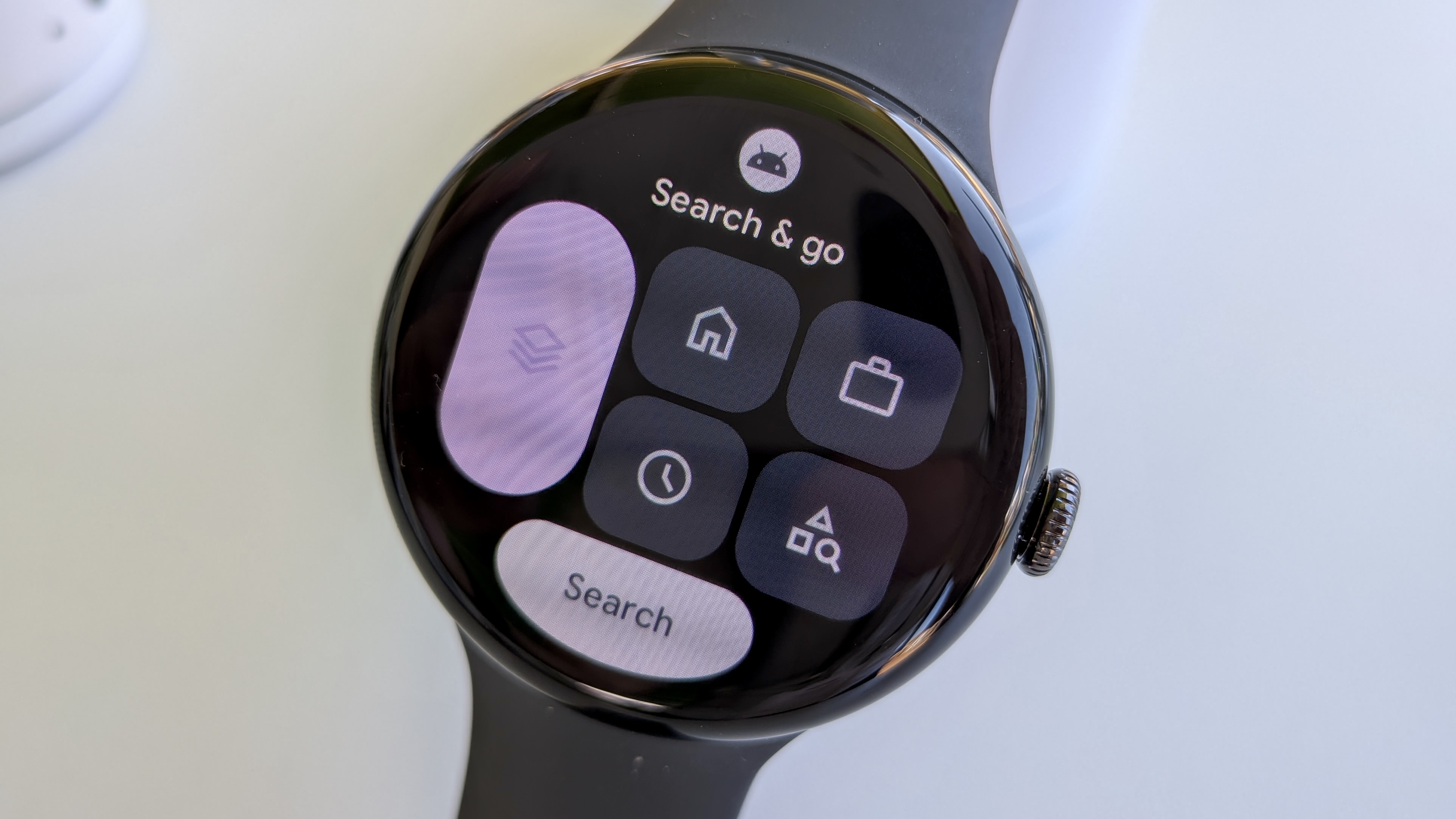
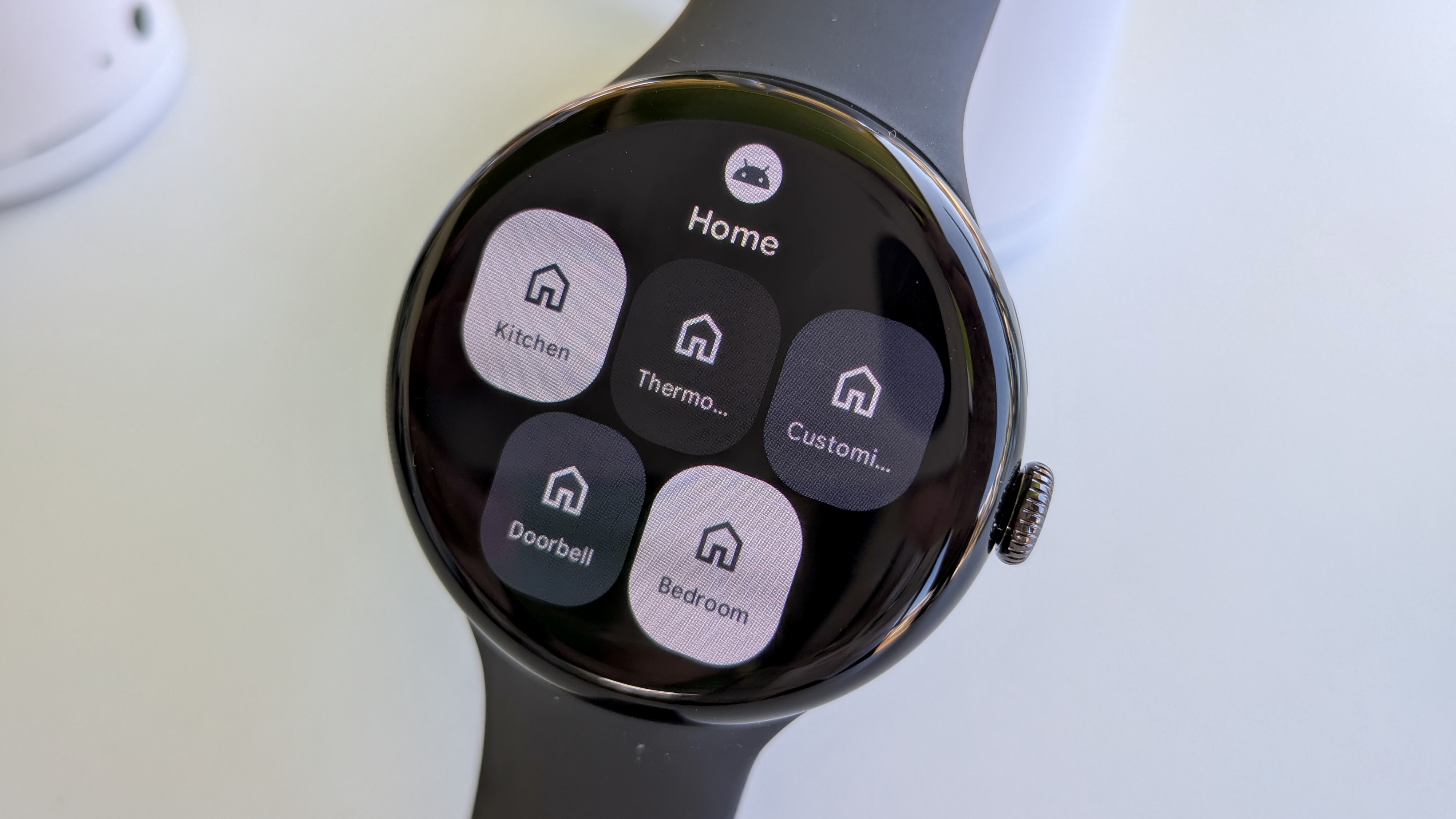
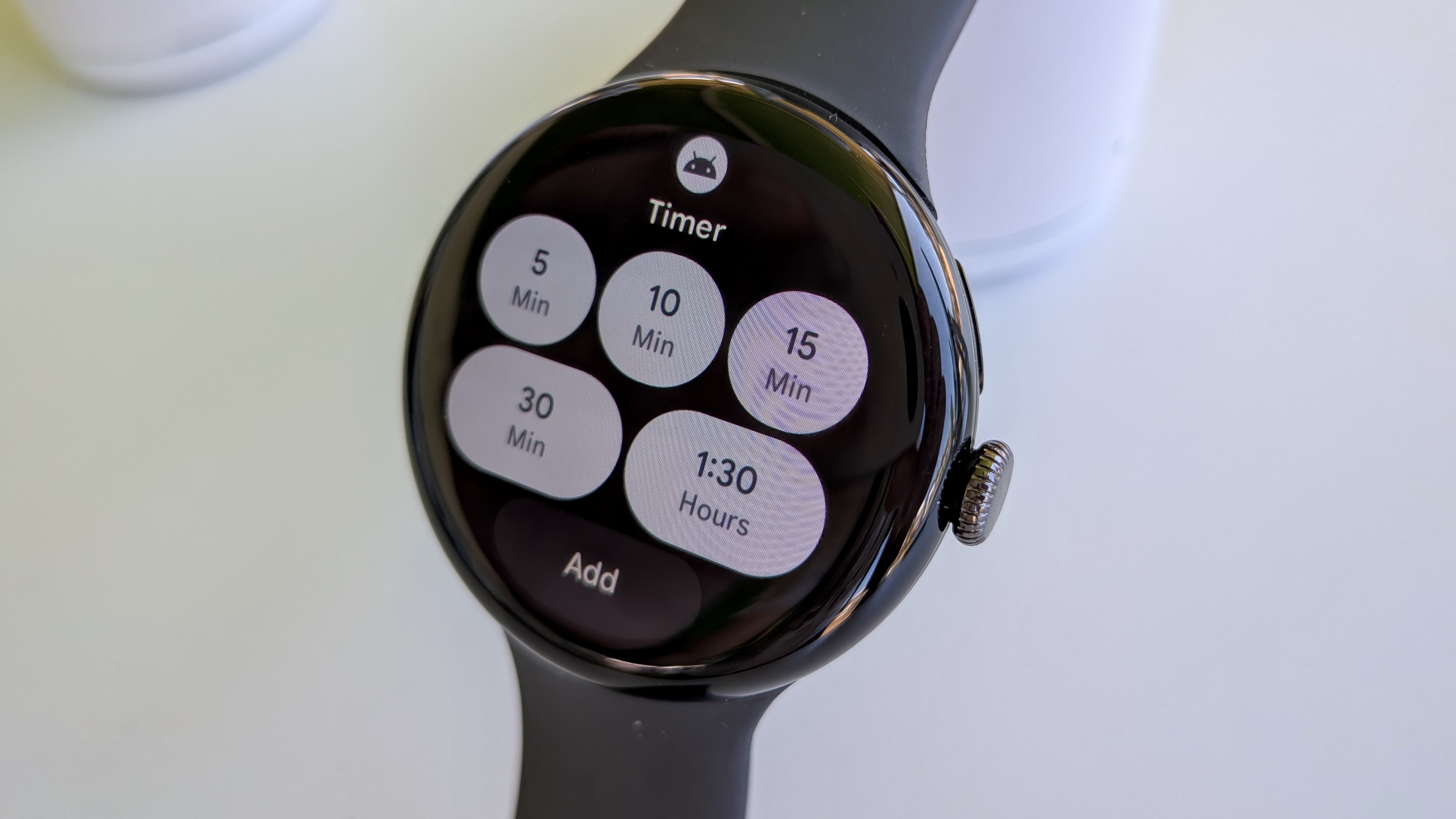
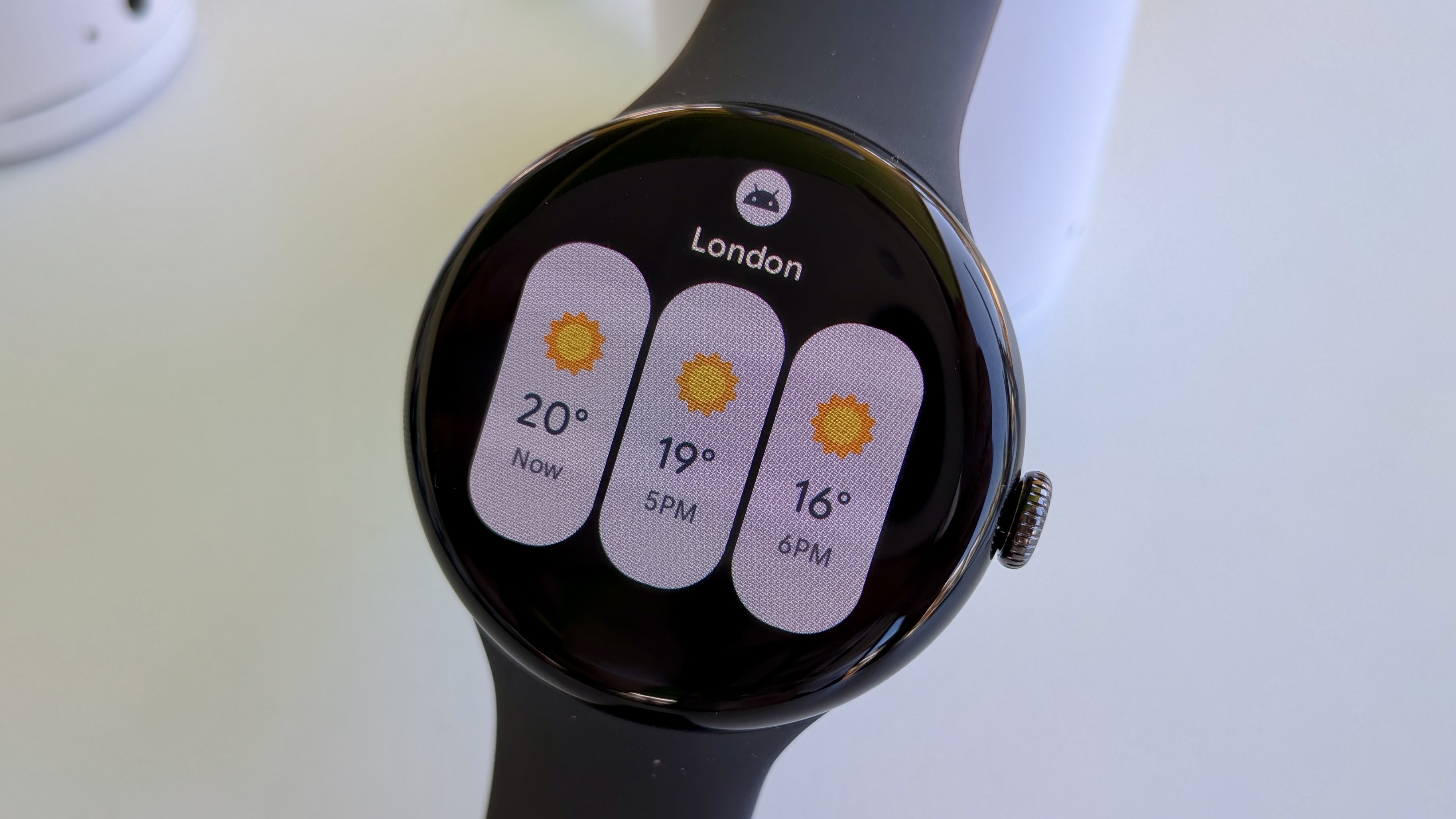
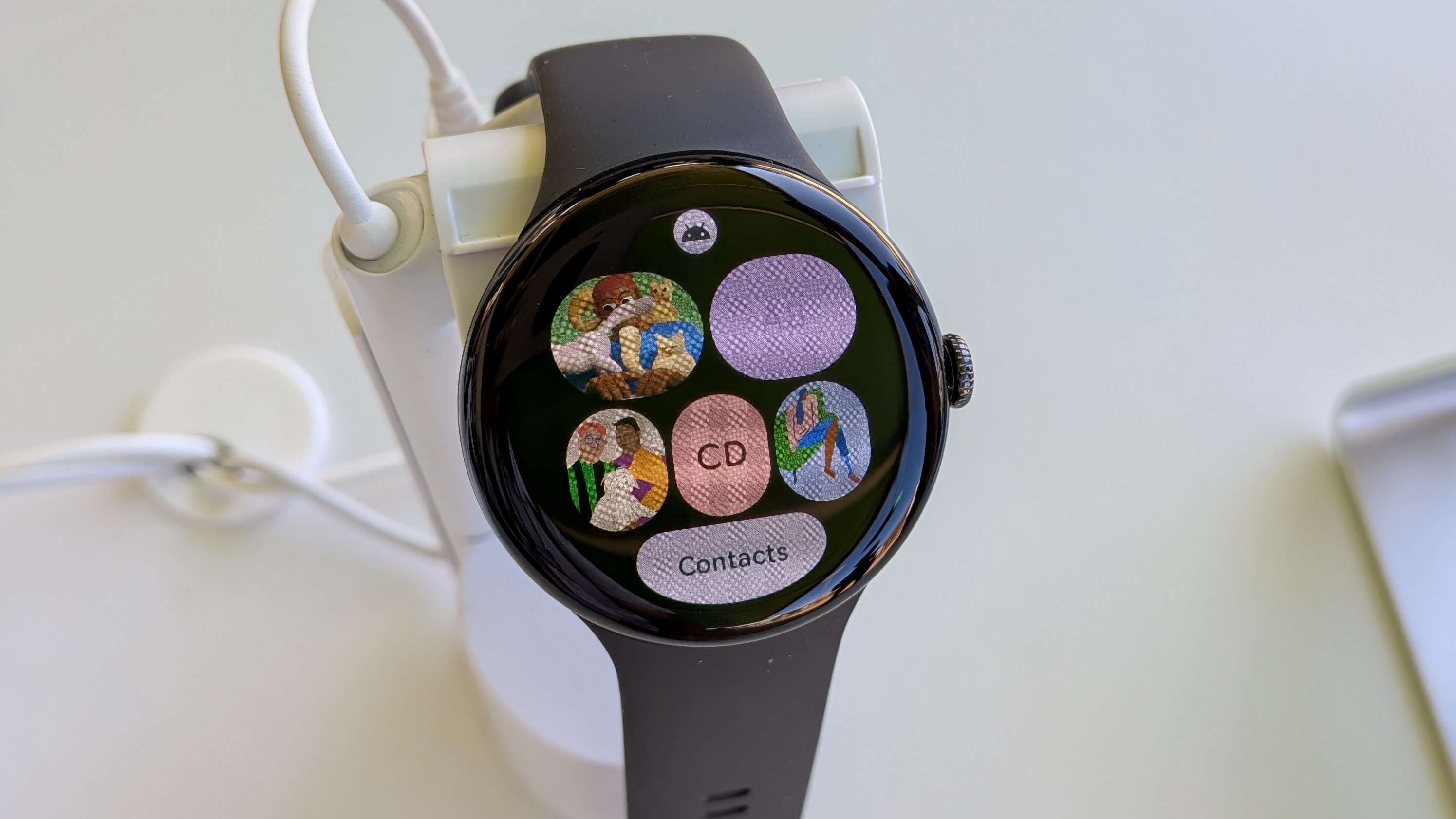
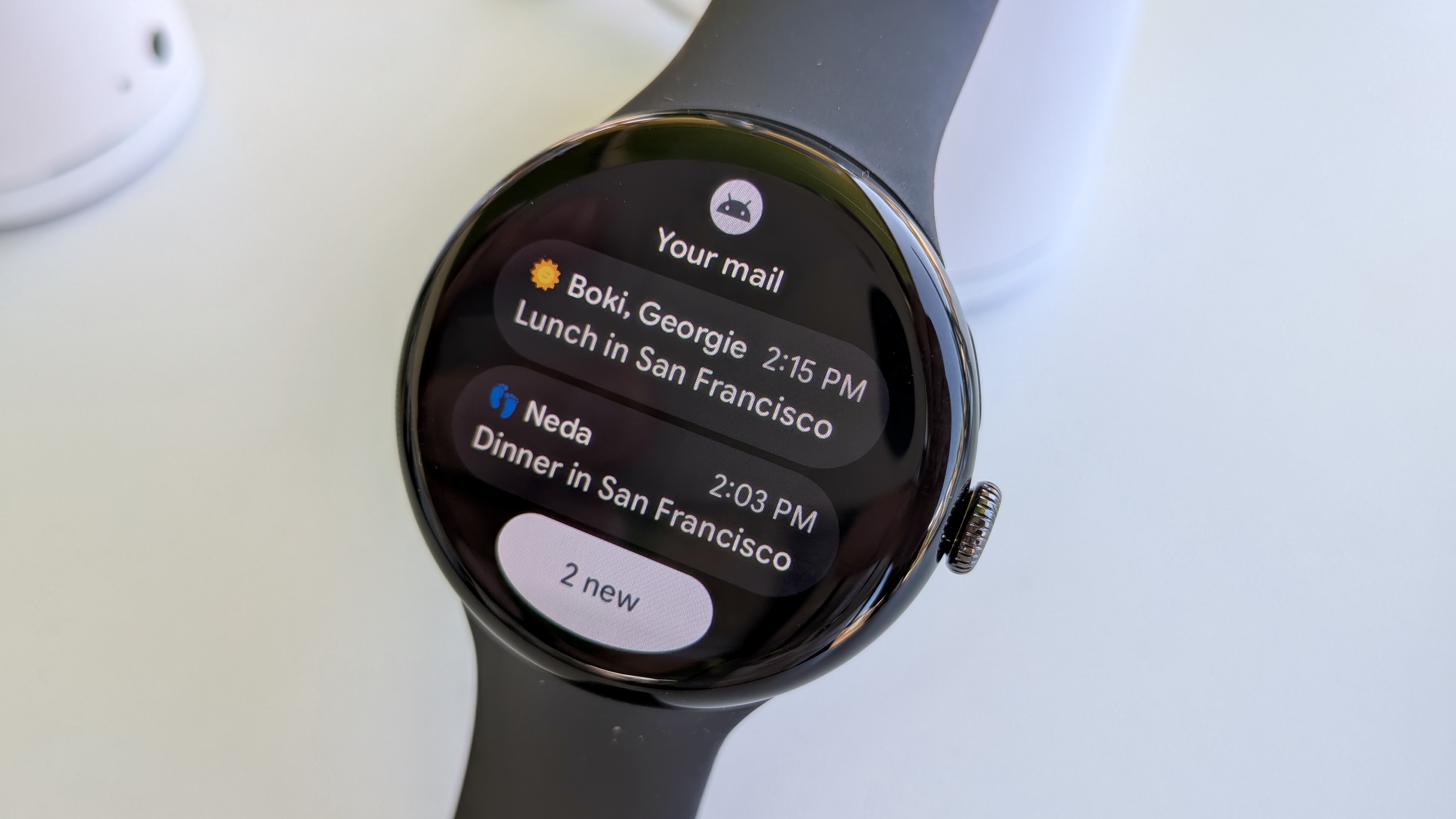
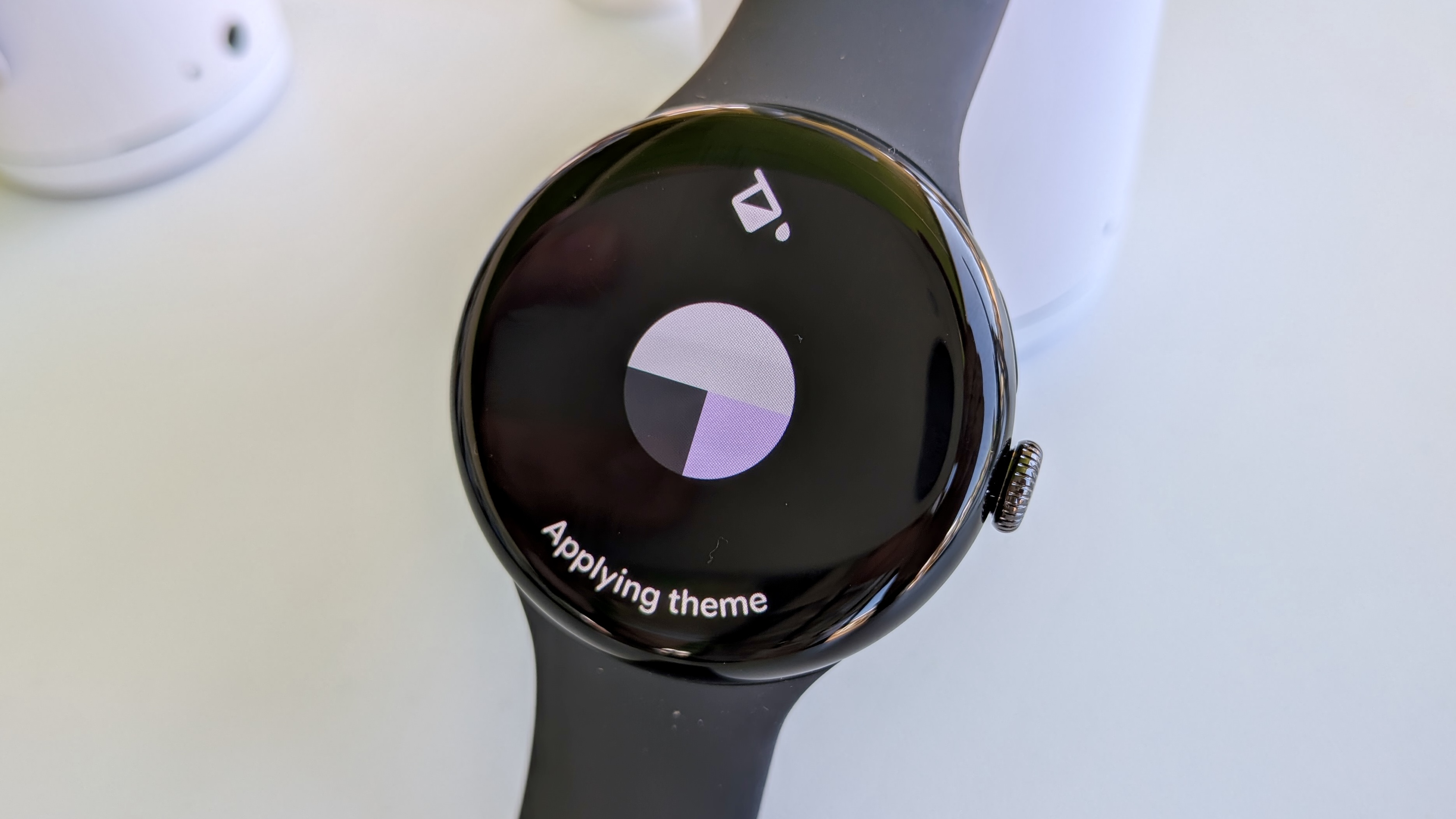
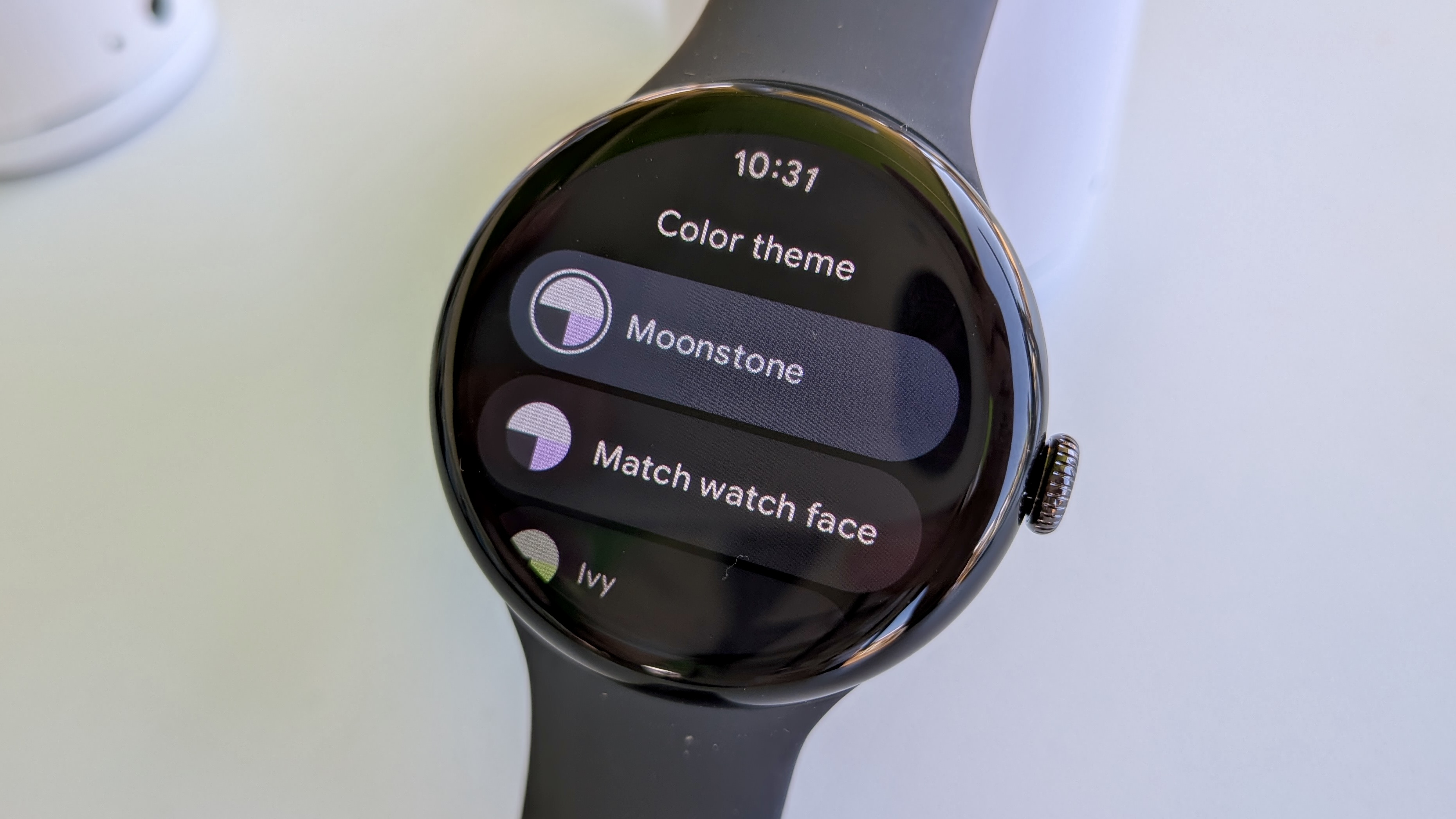
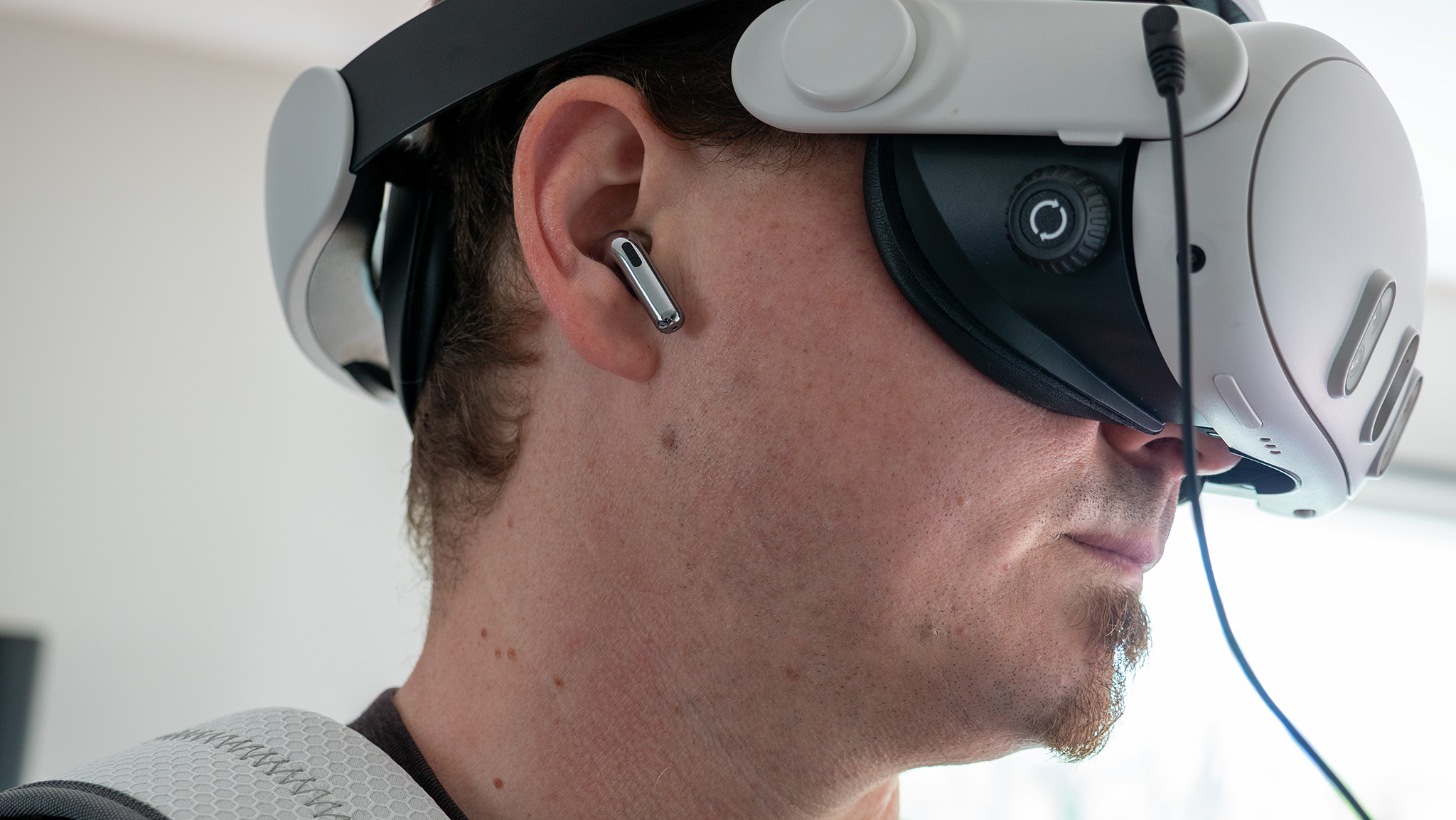
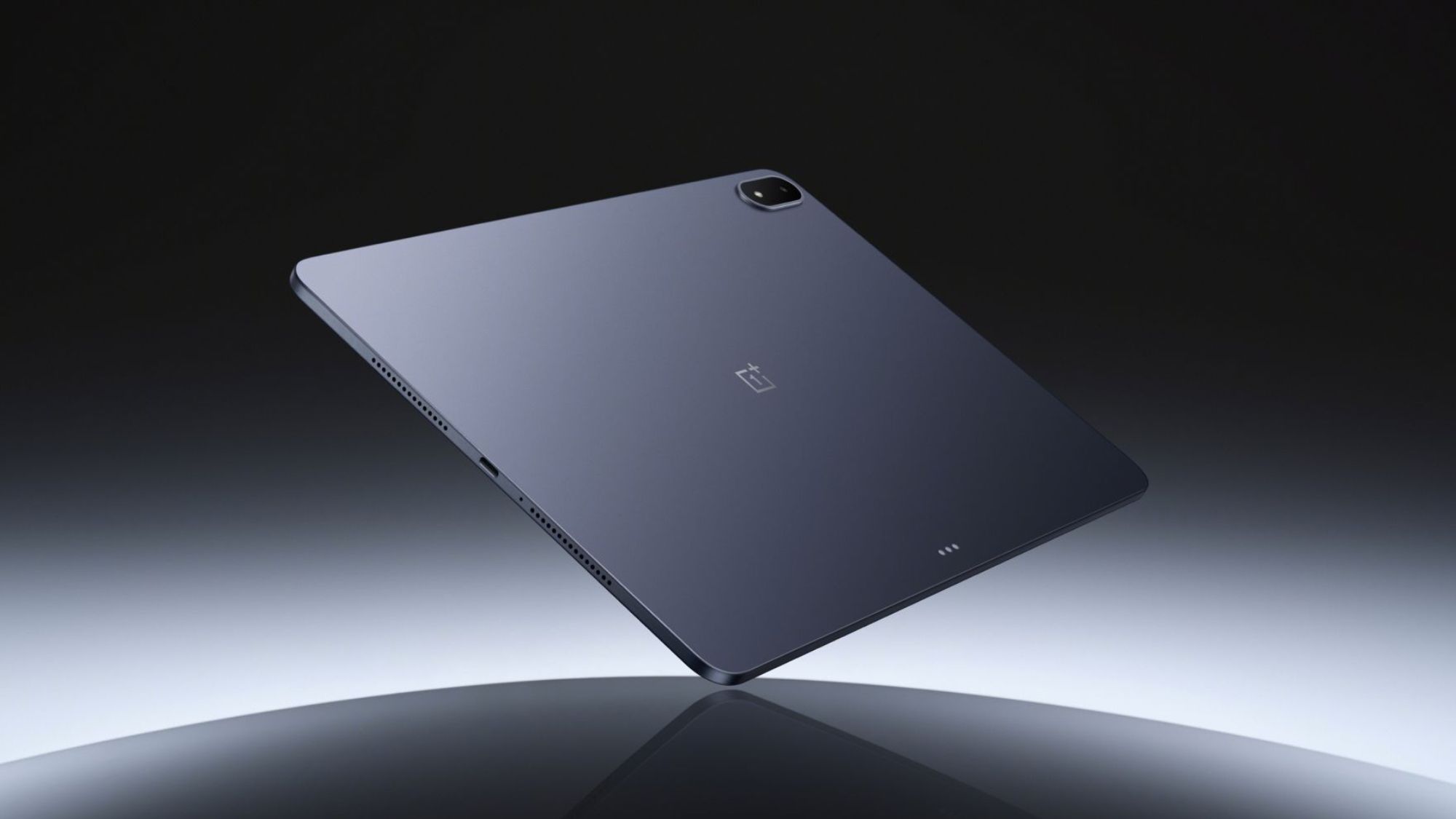
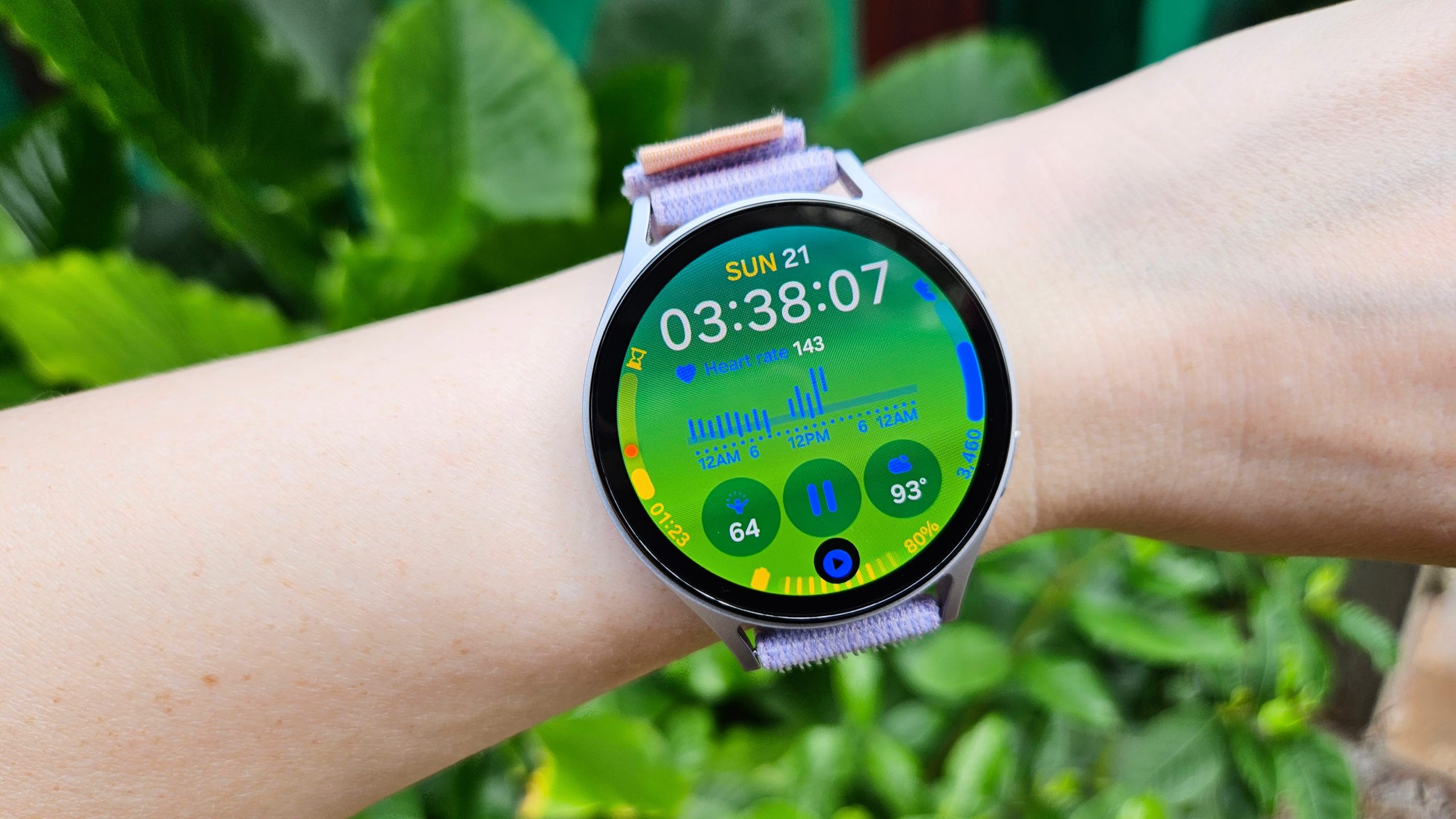
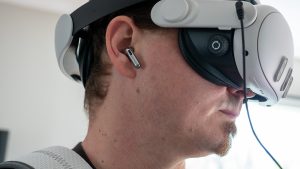
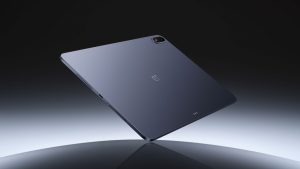
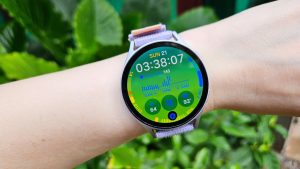
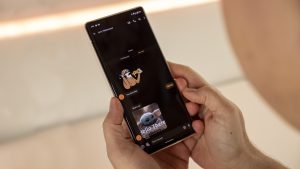
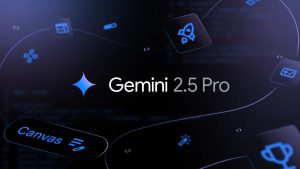
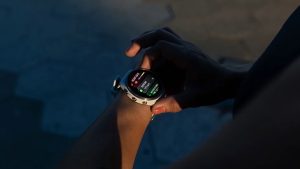
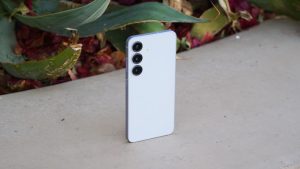
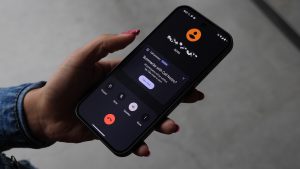

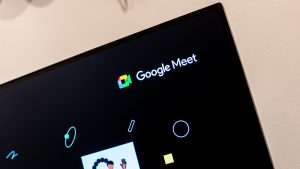
Post Comment